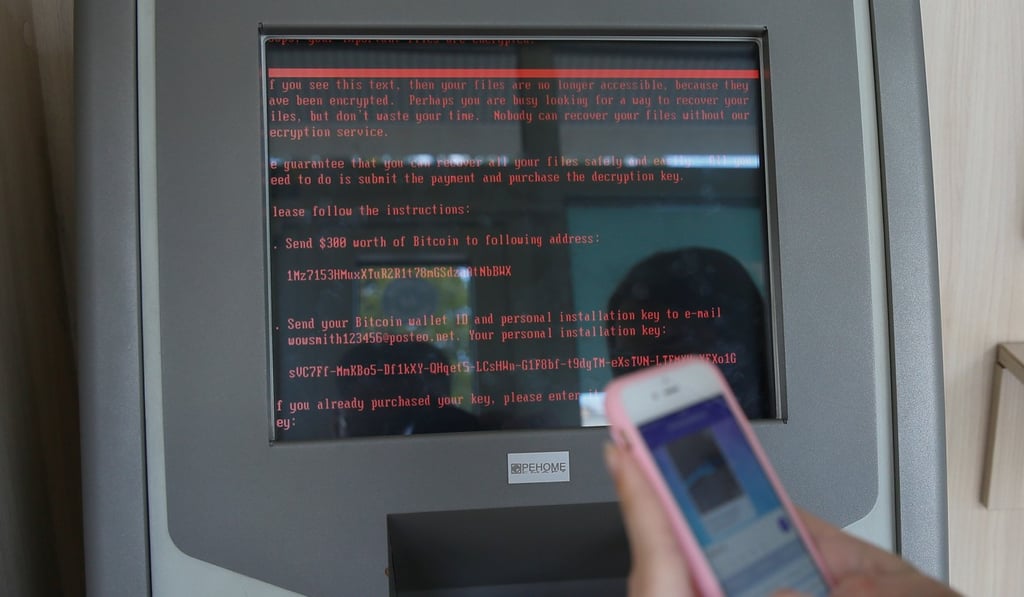Update | Chernobyl nuclear site hit by powerful ransomware cyber attack sweeping globe
The worldwide extortion scheme targeting Windows users began in Russia and Ukraine

A major global cyber attack on Tuesday disrupted computers at the Chernobyl nuclear site, Russia’s biggest oil company, Ukrainian banks and multinational firms with a virus similar to the ransomware that last month infected more than 300,000 computers.
The rapidly spreading cyber extortion campaign underscored growing concerns that businesses have failed to secure their networks from increasingly aggressive hackers, who have shown they are capable of shutting down critical infrastructure and crippling corporate and government networks.
It included code known as “Eternal Blue,” which cyber security experts widely believe was stolen from the US National Security Agency (NSA) and was also used in last month’s ransomware attack, named “WannaCry.”
“Cyber attacks can simply destroy us,” said Kevin Johnson, chief executive of cyber security firm Secure Ideas. “Companies are just not doing what they are supposed to do to fix the problem.”
The virus hit the radiation-monitoring at Ukraine’s shuttered Chernobyl power plant, site of the world’s worst nuclear accident, forcing it into manual operation. The station’s systems were turned off “due to the cyberattack”, said Ukraine’s agency in charge of the exclusion zone around the plant. A spokesman said employees now “go out and measure the (radiation) levels with hand-held meters.”
